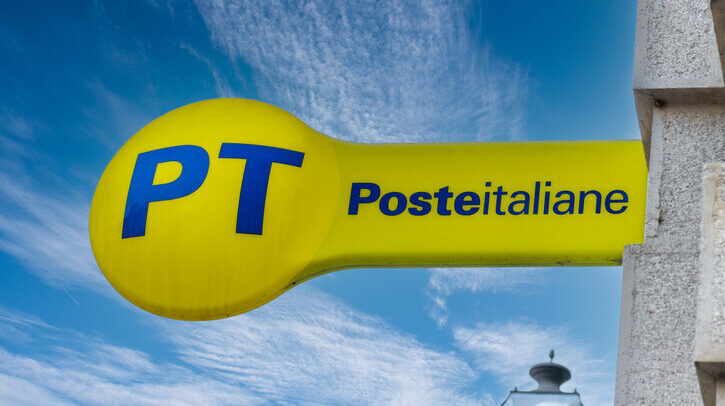The European Central Bank (ECB) is eyeing Poste Italiane as a potential ally in the final phase of launching the digital euro, according to ECB executive board member Piero Cipollone.
Speaking during a virtual event hosted by the Italian Alliance for Sustainable Development (ASviS), Cipollone highlighted the importance of reaching the public efficiently as the ECB prepares for the currency’s rollout. He suggested that Poste Italiane’s extensive customer network and existing financial services infrastructure make it a strong candidate to support what he called “the last mile” — the crucial stage of delivering the digital euro directly to users.
Poste Italiane, long known for its postal and savings services, has already expanded into banking and insurance. This, Cipollone said, positions the company well to facilitate access to the digital euro for millions of Italians.
The ECB has been advancing its plans for a digital euro amid shifting consumer habits. With cash usage steadily declining and digital payments on the rise, Cipollone reiterated that the central bank needs to ensure public access to state-backed digital money. He stressed that the digital euro is intended to complement cash, not replace it, and to provide an alternative to privately issued digital payment methods.
A sovereign Europe needs a future-proof currency, says Executive Board member Piero Cipollone. The digital euro will extend the benefits of cash into the digital realm, reduce overreliance on foreign providers, and allow private initiatives to scale up across the euro area.
— European Central Bank (@ecb) May 15, 2025
If development proceeds without political or logistical roadblocks, the ECB anticipates that the first digital euro transactions could begin by mid-2028.
Meanwhile, the ECB faces challenges in generating consumer interest in a potential central bank digital currency (CBDC), specifically the digital euro. A recent ECB working paper based on a survey of about 19,000 respondents from 11 euro-area countries found that European households are indifferent primarily to the digital euro.
The survey revealed significant communication challenges that could impede widespread adoption. When asked about a hypothetical allocation of €10,000, respondents allocated only a small fraction to the digital euro, indicating it would likely have minimal impact on traditional liquid assets like cash and savings accounts.
If you want to read more news articles like this, visit DeFi Planet and follow us on Twitter, LinkedIn, Facebook, Instagram, and CoinMarketCap Community.
“Take control of your crypto portfolio with MARKETS PRO, DeFi Planet’s suite of analytics tools.”





















